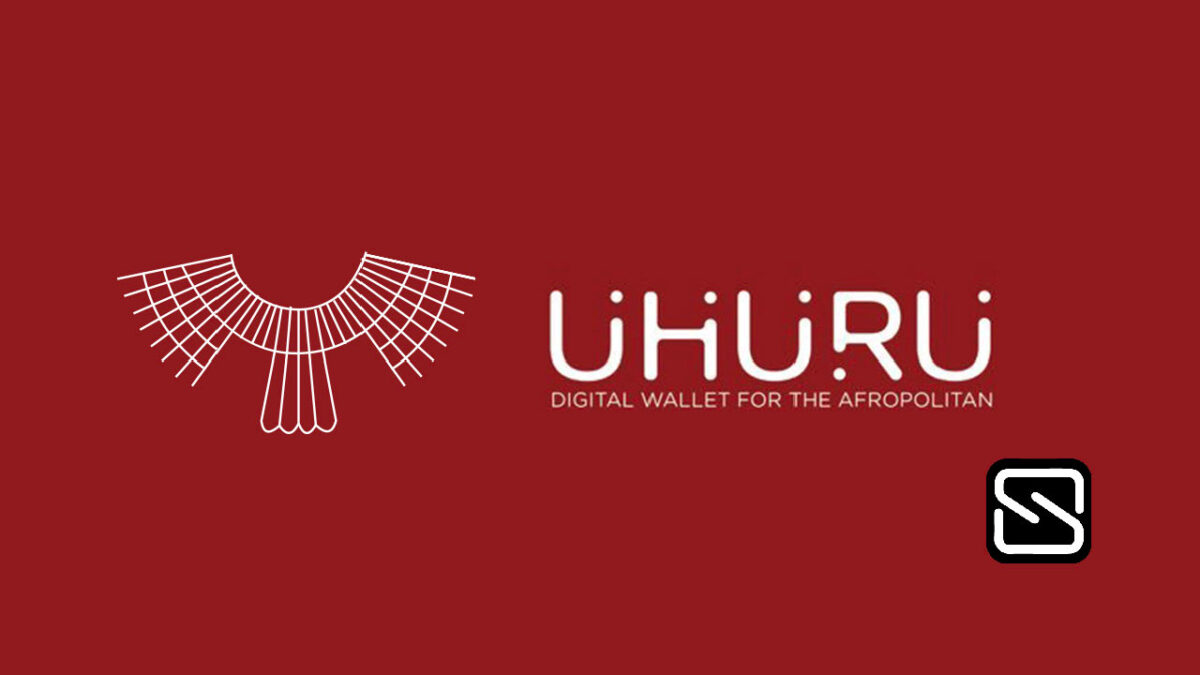The Reserve Bank of Zimbabwe (RBZ) has onboarded WhatsApp-based payment platform, Uhuru Innovative Solutions into its Fintech sandbox. RBZ’s sandbox has so far attracted over 110 businesses and hopes to bring fintech startups and traditional financial institutions closer together to foster relations and improve financial services
As numerous countries have opted for bans and restrictions of crypto operations in general, the sandbox alternative offers a halfway option allowing for a safe testing environment of the blockchain-powered technologies along with traditional and existing frameworks.
The sandbox also provides an opportunity to clear some of the misconceptions that may be circulating around crypto. Since it is government-run, citizens can be more assured of the legitimacy of the projects in the sandbox.
Uhuru Innovative Solutions offers a payment platform powered by the Stellar blockchain to transfer digital currency to fiat money domestically and across borders. This is especially important for Zimbabweans living abroad and looking to make remittances to friends and family.
It is estimated that 3 million Zimbabweans work and live in South Africa while maintaining ties to their home country. For these people, such a payment option comes as a secure and cheap channel for them to cater to their needs.
The Uhuru wallet also allows Zimbabweans without a bank account or those living as undocumented migrants in South Africa to make simple payments for utilities, hospital bills or even school fees without the need of a third party.
Thanks to partnerships with existing financial institutions like ABSA, Standard Bank, First National Bank and EcoCash, Uhuru allows users to make deposits on their wallets by following prompts provided by the Uhuru WhatsApp chat bot.
The platform also allows users in Zimbabwe and South Africa to make instant payments using stablecoins.
For those concerned about the security of their funds, users go through the standard KYC protocols and Uhuru’s anchor blockchain technology enables regulators like the RBZ to monitor and flag transactions in real-time.
As other regulators still appear to be sceptical about blockchain and crypto, the RBZ sandbox comes as a realization that these developments could be here for the long haul. This provides a suitable and controlled environment for both regulators and citizens to ease into the world of crypto.
Since many regulators and central banks lack the capacity and technical know-how to build solutions in the Web3 space, we could see more sandboxes coming up as a logical solution for them to partner with private fintech startups that possess the required skills.
